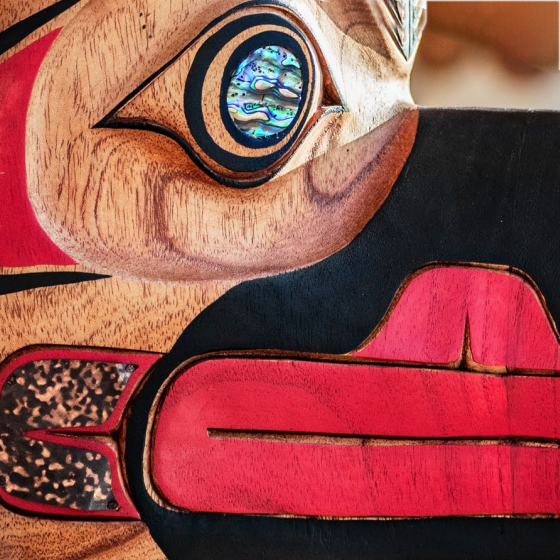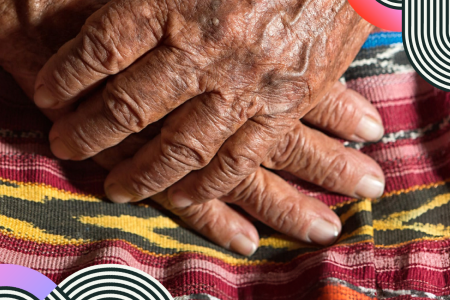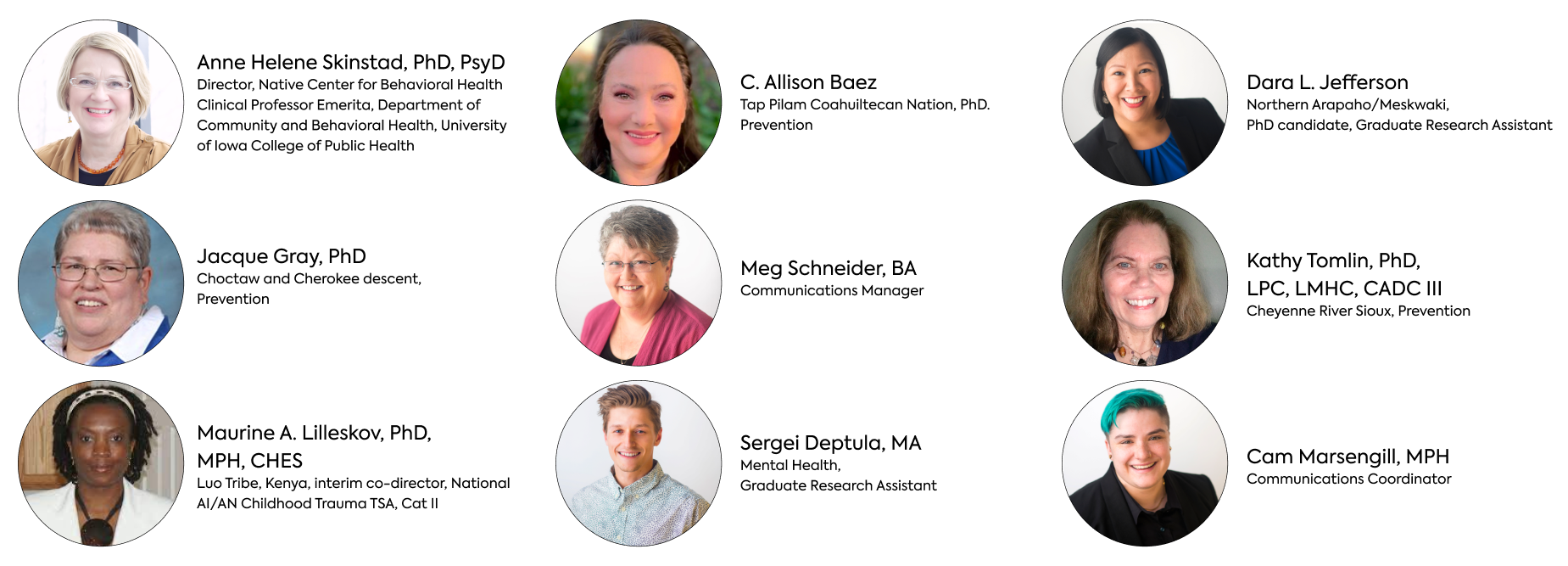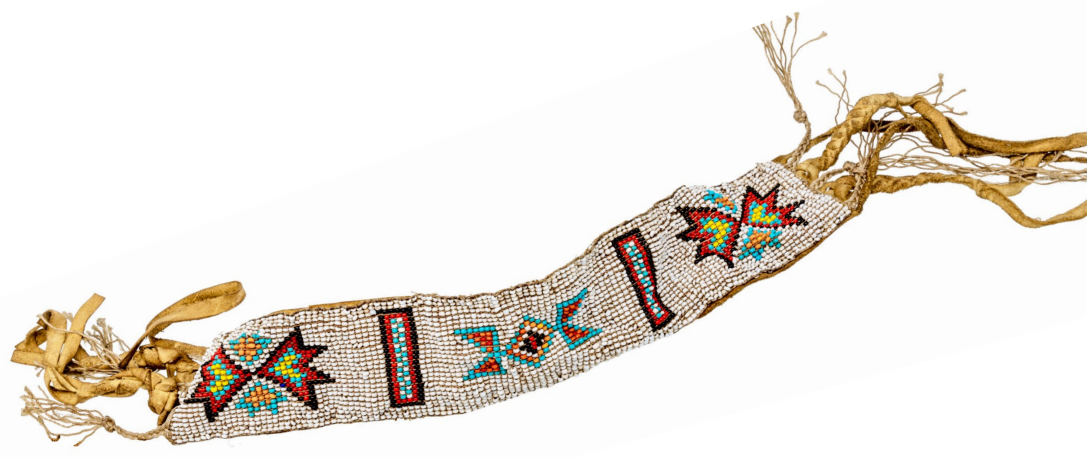I (Meg) effectively became the project lead, collecting information from the contributors and figuring out where that information belonged in the guide. But it was absolutely a full-team effort throughout the process. We lost count of the number of emails and Teams messages with questions like, “Are we including X? What about Y?” or asking for a fresh set of eyes on a section of the guide. And that was before we got into the design aspects, when there were several new rounds of “How can we make this information more visual?”, “What do you think about this?”, and “Should we use something else here?”
To be honest, that back-and-forth is one of the most fun aspects of the creative process at the Native Center. And it always results in something everyone can take pride in.
Which aspects of the project are you most proud of?
I am most proud of the additional work the team was willing to put into this project to make it such a substantial publication. It would have been easy to do a quick, superficial pocket guide or brochure and cross the project off our to-do list. But as we discussed the topic more, the entire team felt we had an obligation to deliver something more substantive, and they were happy to put in the extra effort to make it so.



